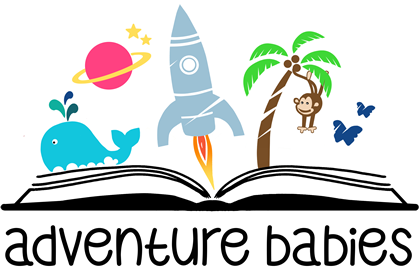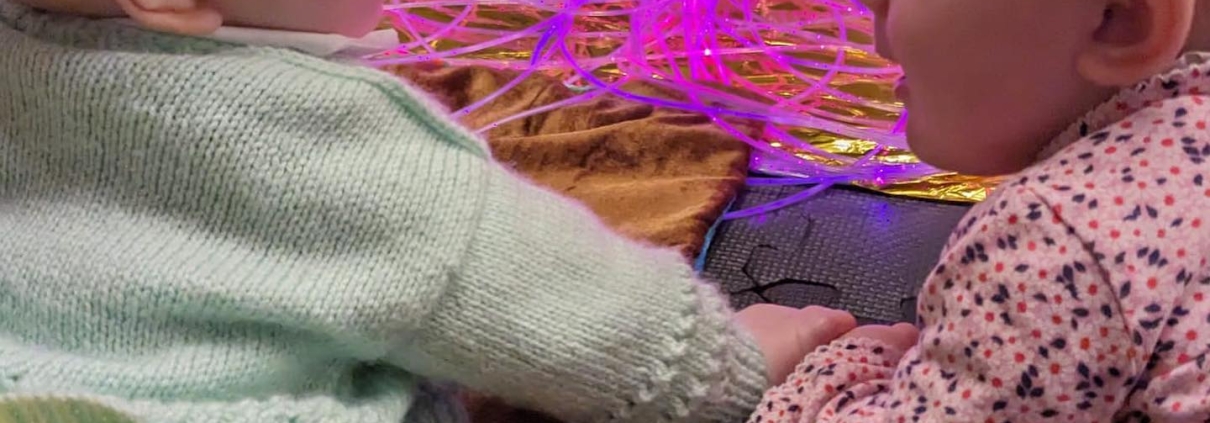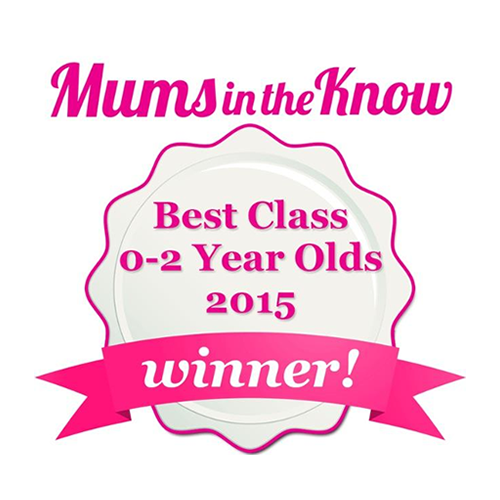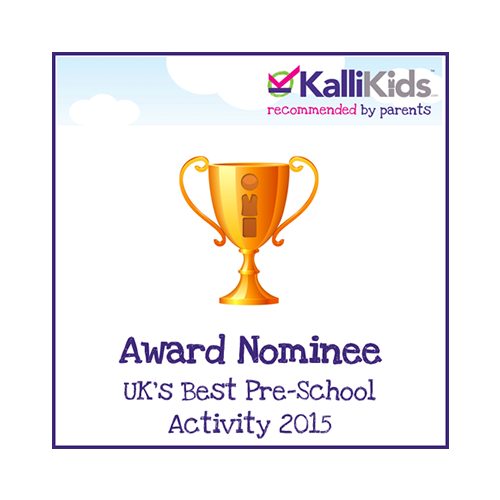How to Support Baby Social Development
UncategorisedWhile babies may not engage in friendships in the same way older children or adults do, having positive social interactions with other babies or toddlers can be beneficial for baby social development. Here’s why:
- Socialisation Skills: Interacting with other babies provides valuable opportunities for socialization. Babies learn by observing and imitating others, and these early interactions contribute to the development of social skills.
- Communication Development: Being around other babies exposes them to different sounds, expressions, and gestures. This exposure aids in language development as they try to communicate and understand each other. Our classes are a perfect place to do this.
- Emotional Development: Interacting with peers allows babies to experience and express a range of emotions. They learn to navigate social situations and develop emotional intelligence.
- Play and Exploration: Playdates with other babies provide a chance for shared exploration and play. This collaborative play fosters creativity and problem-solving skills.
- Mirror Neurons Activation: Babies are born with mirror neurons that help them imitate others. Interacting with a friend can stimulate these neurons, aiding in the development of motor skills and coordination.
- Observational Learning: Babies often learn by watching others. Being around a baby friend may encourage them to try new activities or behaviors they observe.
- Routine and Structure: Regular interactions with baby friends can contribute to a sense of routine and familiarity, which can be comforting for babies.
- Parental Support Network: Playdates offer an opportunity for parents to connect. Sharing experiences and parenting tips with other caregivers can create a supportive network.
- Building Confidence: Positive interactions with baby friends contribute to building a baby’s confidence. Feeling comfortable in social situations is a crucial aspect of emotional well-being.
- Cultural Awareness: Exposure to different families and backgrounds through baby friends contributes to cultural awareness from an early age.
It’s important to note that every baby is unique, and while some may thrive in social settings, others may be more reserved. Pay attention to your baby’s cues and comfort level during social interactions. Always ensure that playdates are supervised, and prioritise positive, safe environments for these early social experiences and you will be well on the way to support baby social development.









